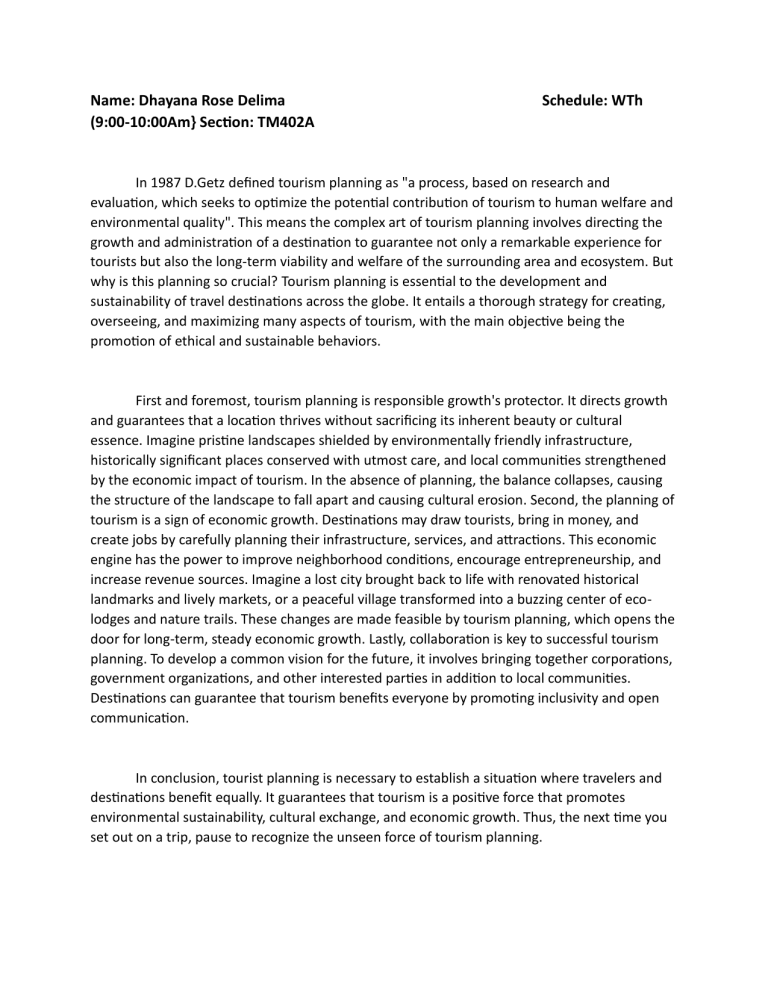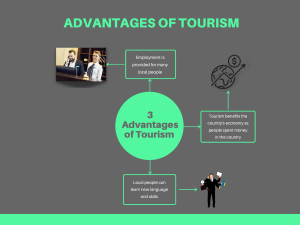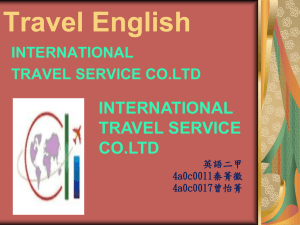
Name: Dhayana Rose Delima (9:00-10:00Am} Section: TM402A Schedule: WTh In 1987 D.Getz defined tourism planning as "a process, based on research and evaluation, which seeks to optimize the potential contribution of tourism to human welfare and environmental quality". This means the complex art of tourism planning involves directing the growth and administration of a destination to guarantee not only a remarkable experience for tourists but also the long-term viability and welfare of the surrounding area and ecosystem. But why is this planning so crucial? Tourism planning is essential to the development and sustainability of travel destinations across the globe. It entails a thorough strategy for creating, overseeing, and maximizing many aspects of tourism, with the main objective being the promotion of ethical and sustainable behaviors. First and foremost, tourism planning is responsible growth's protector. It directs growth and guarantees that a location thrives without sacrificing its inherent beauty or cultural essence. Imagine pristine landscapes shielded by environmentally friendly infrastructure, historically significant places conserved with utmost care, and local communities strengthened by the economic impact of tourism. In the absence of planning, the balance collapses, causing the structure of the landscape to fall apart and causing cultural erosion. Second, the planning of tourism is a sign of economic growth. Destinations may draw tourists, bring in money, and create jobs by carefully planning their infrastructure, services, and attractions. This economic engine has the power to improve neighborhood conditions, encourage entrepreneurship, and increase revenue sources. Imagine a lost city brought back to life with renovated historical landmarks and lively markets, or a peaceful village transformed into a buzzing center of ecolodges and nature trails. These changes are made feasible by tourism planning, which opens the door for long-term, steady economic growth. Lastly, collaboration is key to successful tourism planning. To develop a common vision for the future, it involves bringing together corporations, government organizations, and other interested parties in addition to local communities. Destinations can guarantee that tourism benefits everyone by promoting inclusivity and open communication. In conclusion, tourist planning is necessary to establish a situation where travelers and destinations benefit equally. It guarantees that tourism is a positive force that promotes environmental sustainability, cultural exchange, and economic growth. Thus, the next time you set out on a trip, pause to recognize the unseen force of tourism planning.





